In a significant announcement that signals hope for Cameroon’s energy independence and regional economic stature, the Prime Minister, Head of Government, His Excellency Chief Dr. Joseph Dion Ngute, has declared that the National Oil Refinery (SONARA) will resume full petroleum production by the end of 2027.
The pivotal revelation was made on Thursday during the Prime Minister’s inspection tour of the fire-ravaged facility, marking the culmination of his intensive three-day working visit to the South West Region.
A Two-Year Roadmap to Revival
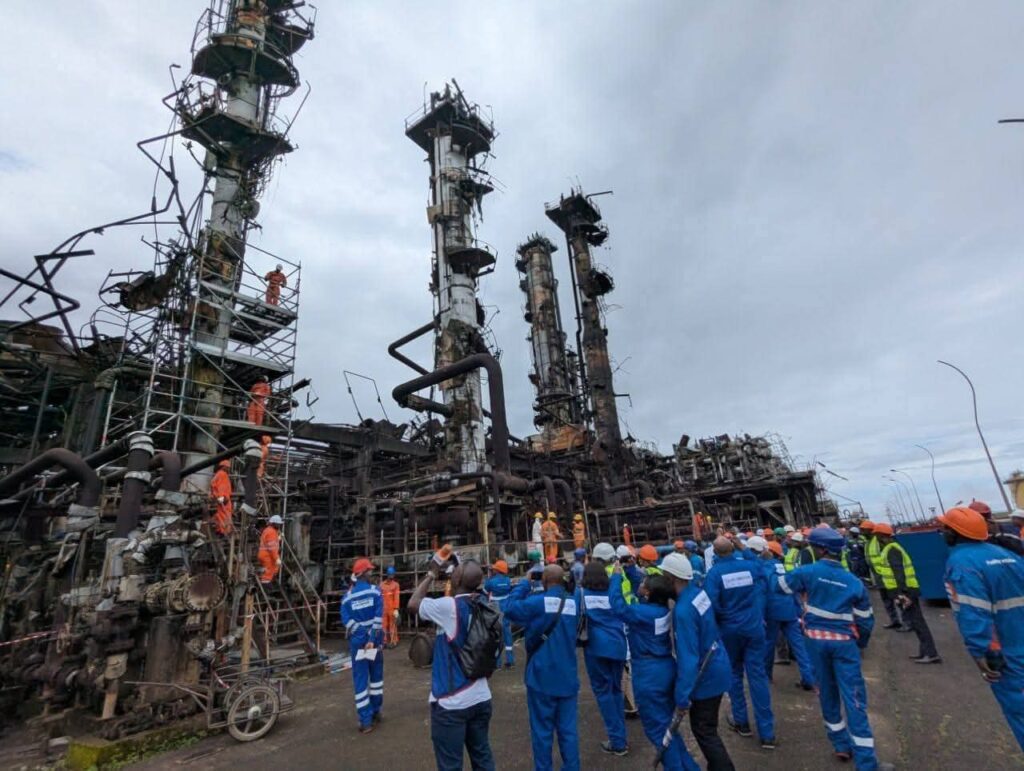
Standing before the complex, Prime Minister Dion Ngute underscored the government’s unwavering commitment to resurrecting SONARA, a company he described as vital to the nation’s economic security.
“The Government is determined to support SONARA to bounce back into the limelight as the sole refinery company supplying its finished products to countries in the Central African sub-region,” the Prime Minister stated, projecting a future where the Limbe-based refinery reclaims its position as an energy hub.
Elaborating on the technical pathway to this goal, the General Manager of SONARA presented the detailed “PARAS 24” plan—a comprehensive two-year strategy designed specifically to relaunch the refinery’s core functions and ensure an uninterrupted supply of petroleum products across Cameroon and beyond.
The PARAS 24 Plan: A $461 Million Blueprint
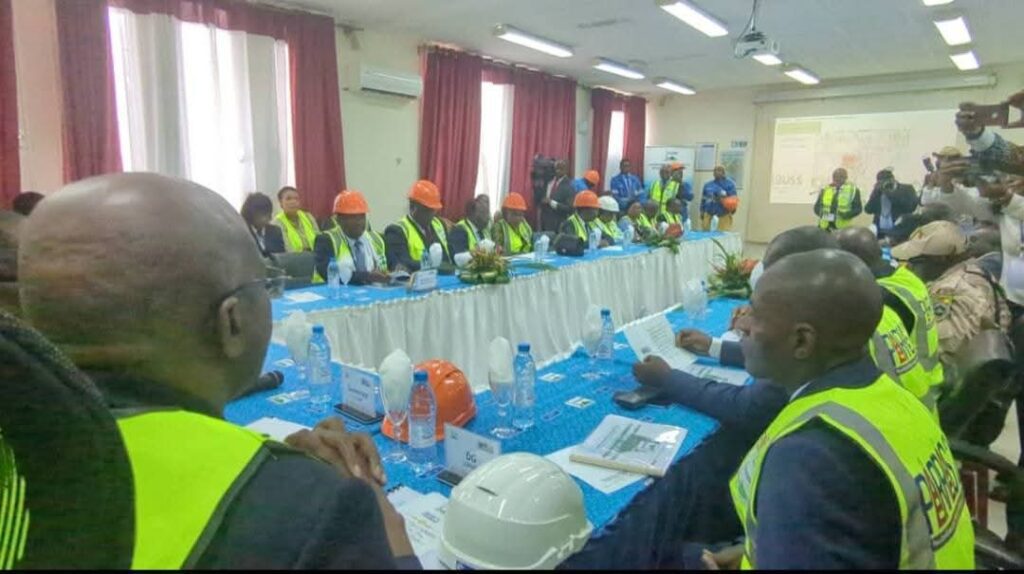
Initiated in August 2025, the PARAS 24 project is a robust blueprint with a price tag of 461 million US dollars approximately 257,728,055,447 francs CFA. The plan is not merely a technical fix but a holistic approach that combines three critical pillars:
- Technical Rehabilitation: Extensive repairs and upgrades to the damaged infrastructure, with a focus on modernizing key units to ensure efficiency and safety upon resumption.
- Workforce Training: A major component dedicated to re-skilling and re-certifying the SONARA workforce, ensuring they are equipped with the latest knowledge to operate the revitalized plant.
- Financial Partnerships: Securing strategic partnerships and investments to ensure the long-term financial viability and sustainability of the corporation beyond the initial restart.
Upon completion, the refinery is projected to resume operations at full capacity, with the ability to process approximately 2.1 million tons of crude oil annually.
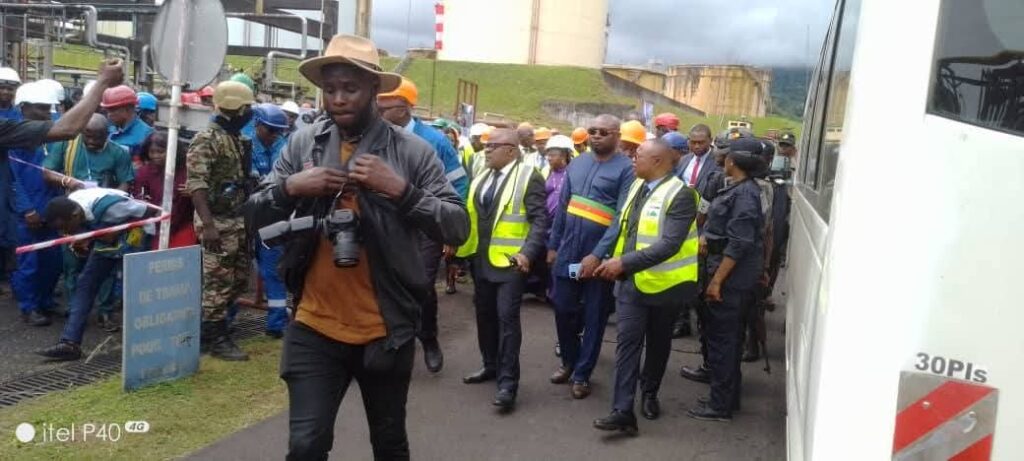
SONARA’s Broader Economic Impact and Distribution
SONARA’s prolonged shutdown since the 2019 fire has had a profound ripple effect on the Cameroonian economy. As the country’s sole refinery, its operational status is directly linked to the stability of the national fuel supply.
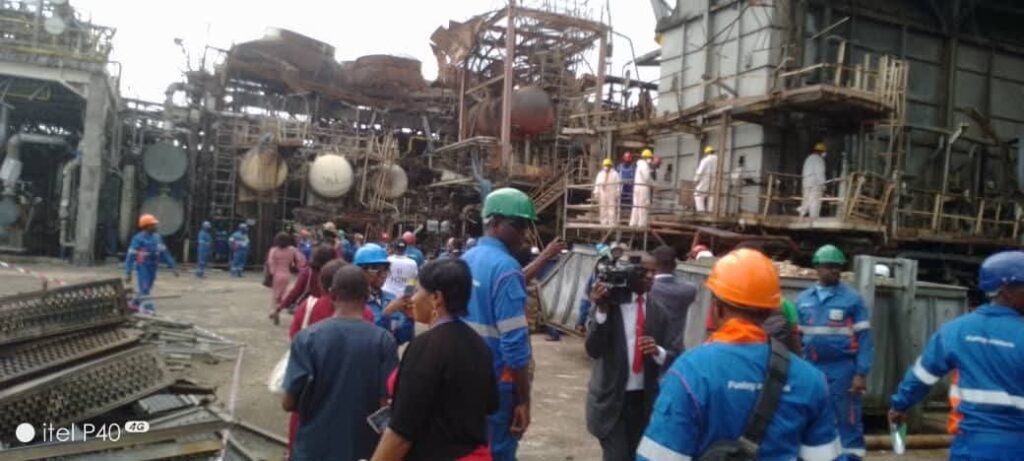
When functional, SONARA significantly reduces Cameroon’s dependence on imported refined petroleum products, saving the country vital foreign exchange. Its distribution network supplies not only the domestic market but also serves neighboring countries in the Central African Economic and Monetary Community (CEMAC), including Chad, the Central African Republic, and Gabon. This positions Cameroon as a key player in the regional energy landscape. The refinery’s hiatus has forced a return to more expensive imports, contributing to higher prices at the pump and putting pressure on the national treasury.
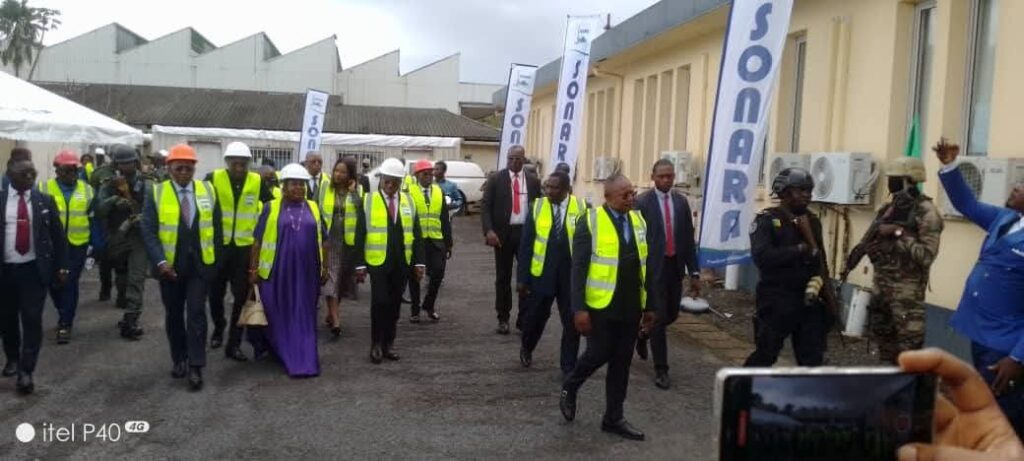
The planned 2027 restart is, therefore, more than an industrial project; it is a national economic imperative expected to stabilize fuel prices, create thousands of direct and indirect jobs, and restore a critical stream of revenue for the state.
PM’s “Restless” Dedication Hailed
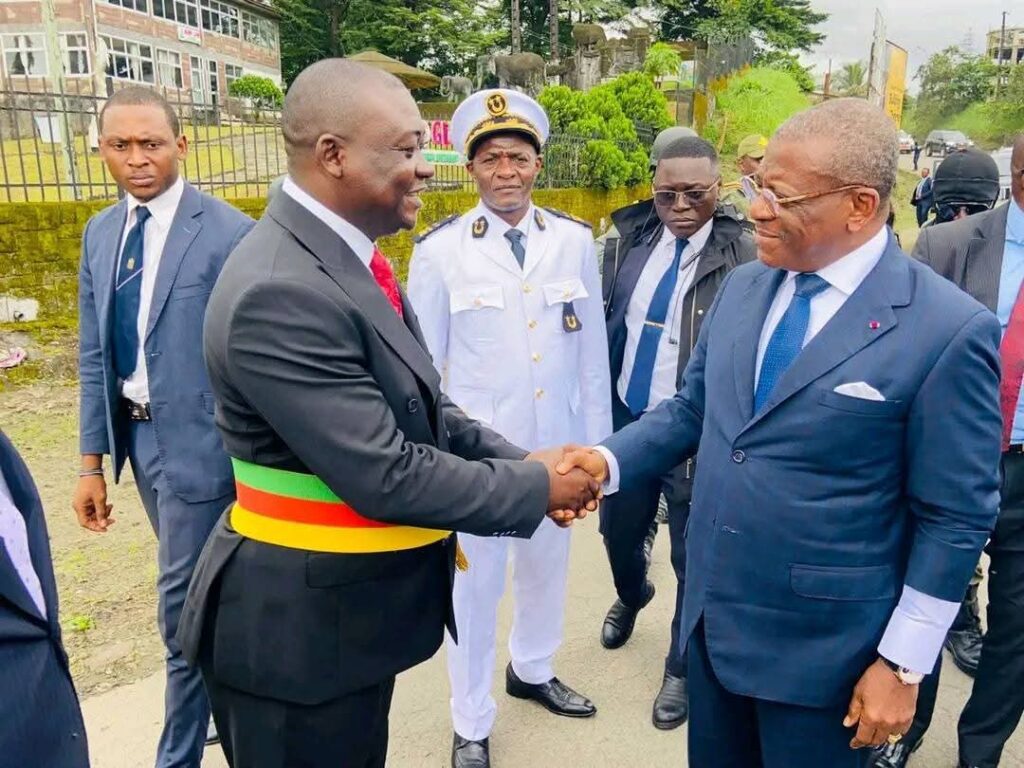
The announcement at SONARA served as the final act of a grueling three-day tour of the South West Region by Prime Minister Dion Ngute. Throughout the visit, his schedule was packed with high-stakes engagements, from launching the payment of salary arrears for CDC workers to attending a massive CPDM rally and inaugurating development projects.
Observers and aides noted the Prime Minister’s relentless pace, which demonstrated a hands-on approach to governance. Immediately following the detailed SONARA inspection and press briefing, PM Dion Ngute departed directly from the refinery site for the airport, returning to his office in Yaoundé without pause.
This unwavering dedication has been widely commended, with local traditional rulers and party officials praising his commitment to delivering the government’s message of peace, reconciliation, and economic revival directly to the people.
With the SONARA reboot now on a clear, publicly-accountable timeline, the government has delivered a powerful message of intent, offering a tangible light at the end of the tunnel for a region and a nation eager for economic rejuvenation.
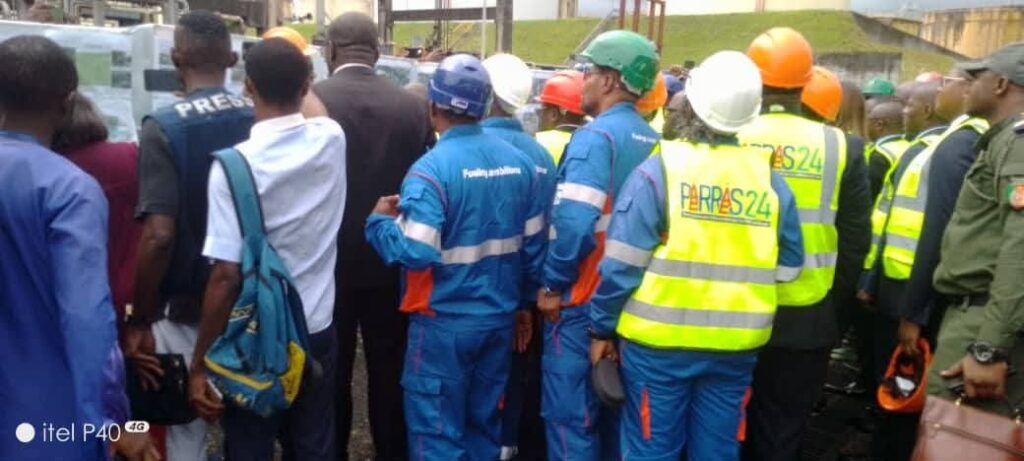
This is a developing story. Stay with us for more updates on SONARA’s rehabilitation progress.
